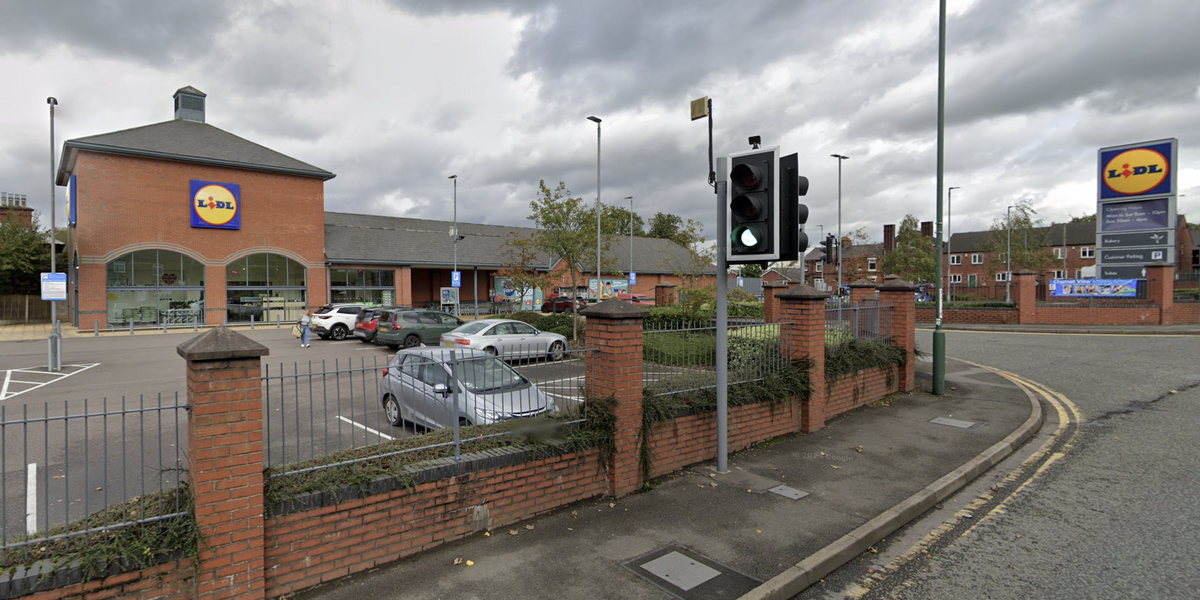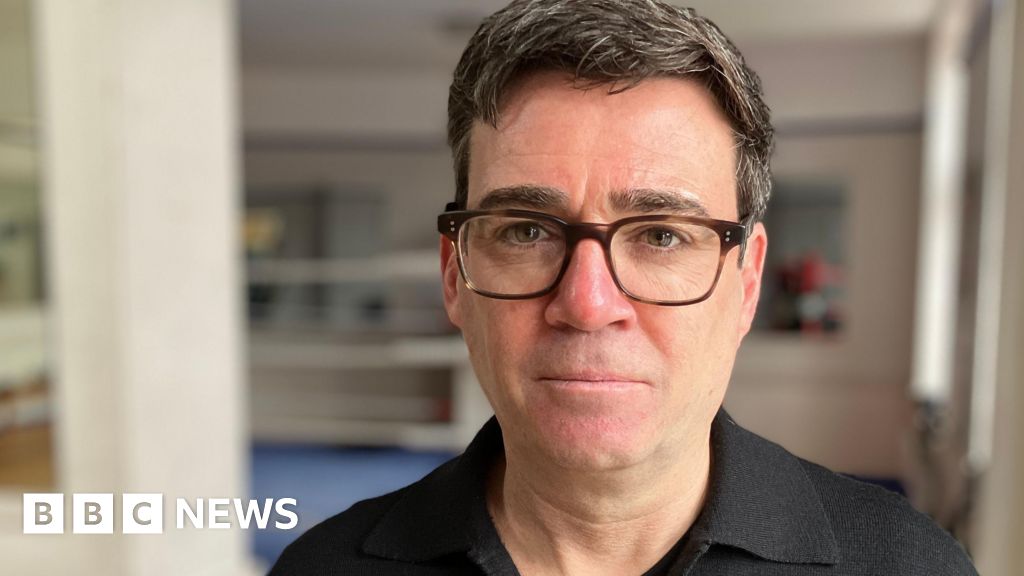The KC did present the case himself in the Court of Session, but he turned out to be correct about the chances of success.
The dispute has moved smoothly on to new territory thanks to yet another aspect of the legal advice published – the role of the “secretariat” working for Mr Hamilton.
A civil servant from the Scottish government was seconded to support the Irish lawyer.
Mr Swinney says this is entirely normal practice, and was known about at the time.
But opposition leaders have cried foul about the fact there continued to be contact between that civil servant and her employers in the Scottish government – namely Mr Swinney – because she also acted in a “liaison” role.
The legal advice from James Mure says that while it may have been standard practice, it was “somewhat unfortunate that more distance was not enforced” between the secretariat and the government.
He said some of the correspondence he had seen “suggests a less than arm’s length and independent position”.
Labour MSP Jackie Baillie said this raised “huge questions” about the independence of the investigation, and indeed for any other inquiries which involve seconded civil servants.
Both she and Conservative leader Russell Findlay have called for a judge-led inquiry into what went on – something Mr Swinney has rejected.
The first minister read out a list of examples of contact between himself – as “sponsor” of the Hamilton investigation – and the civil servant.
They were things like coordinating correspondence from opposition MSPs, arranging to pay for legal advice for Mr Hamilton, and – somewhat ironically – dealing with freedom of information requests.
Mr Swinney stressed that he had absolutely no sight of anything in Mr Hamilton’s report until it was completed and delivered to the government.
And he said the employee – who was a career civil servant in a junior role, rather than a political appointee like a special advisor – was of ”impeccable record and repute”, and that it would be inappropriate to question her integrity.







